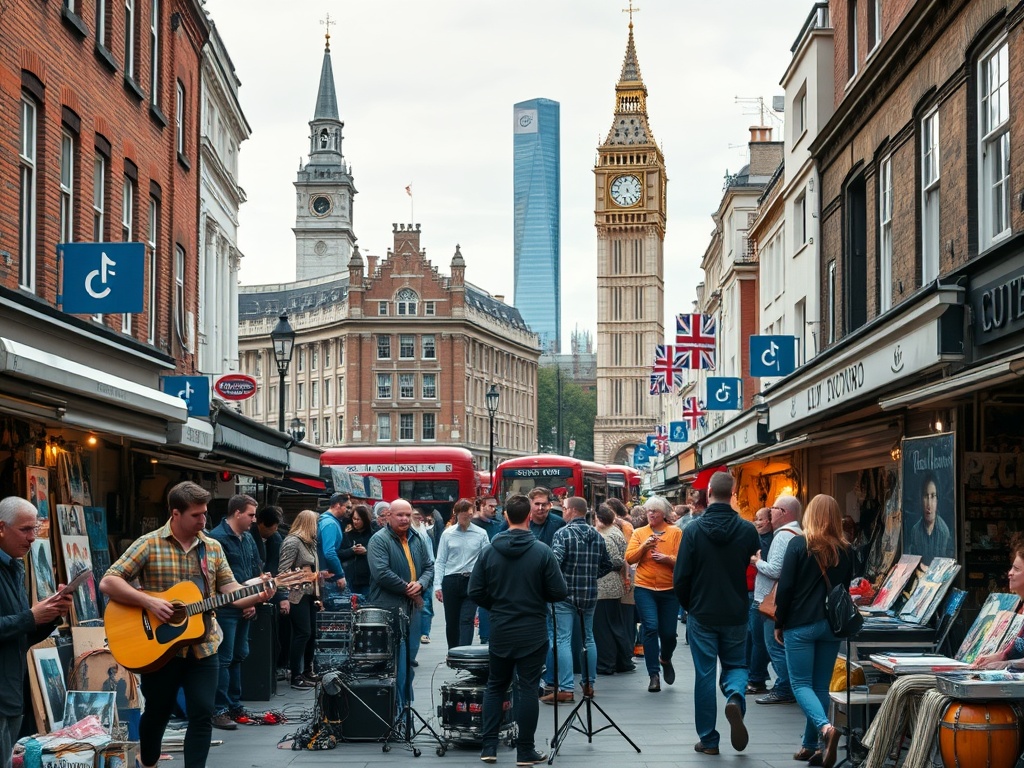The Transformation of Pete Davidson: From Inked Rebel to Brand-Friendly Icon

In the latest advertising campaign for fashion brand Reformation, a notably transformed Pete Davidson catches the eye as he flaunts his newly tattoo-free arms. Relaxing on a sofa clad in nothing but a sweatshirt emblazoned with the phrase “Official Boyfriend”, he presents a strikingly different image than the one fans have come to know. Gone are the days of his ink-laden skin, which served as a canvas for countless tattoos.
Once characterized by his lanky frame and an assortment of body art—including whimsical designs of Winnie the Pooh, Hillary Clinton, and a nod to Harry Potter—Davidson was a walking testament to self-expression. His tattoos were a vivid reflection of his personality, each marking a chapter of his life.
The comedian shot to fame in 2018 when he became engaged to pop superstar Ariana Grande after just three weeks of dating. This whirlwind romance saw them sporting a combined total of 13 tattoos dedicated to their relationship before they ultimately called off their engagement. Davidson quickly morphed into an unlikely heartthrob, his carefree demeanor epitomizing the phrase “Big Dick Energy.”
As the media buzzed around his high-profile romance, Davidson embarked on a dating spree that included an impressive roster of A-list women. His romantic partners comprised:
- 2000s pin-up icon Kate Beckinsale
- Rising star Margaret Qualley
- Supermodel Kaia Gerber
- Reality TV mogul Kim Kardashian, with whom he attended the Met Gala
- Instagram sensation Emily Ratajkowski
- Emerging actresses Chase Sui Wonders and Madelyn Cline
In recent interviews, Davidson has expressed that his decision to remove his tattoos stemmed from a desire for a “clean slate” and a need to “grow up.” Yet, this personal transformation mirrors a larger trend within the celebrity world, where brand-friendly and controversy-free personas are increasingly favored over individuality.
The landscape of celebrity culture has undergone significant evolution. The 90s were synonymous with the audacious Brit Pop scene, featuring figures like Noel and Liam Gallagher, Jarvis Cocker, and Damon Albarn, who were just as famous for their outspoken natures as they were for their musical talents. Then came the 00s, marked by tabloid culture and the chaotic lives of celebs like Kate Moss and Pete Doherty, captivating the public with their unpredictable antics.
The 2010s ushered in the age of reality television, exemplified by the Kardashians and shows like Love Island, transforming the celebrity experience into a continuous spectacle. In earlier decades, celebrities could showcase their personalities without the fear of severe backlash. While a careless comment could ignite media frenzy (consider Brian Harvey’s dismissal from East 17 over a casual remark about ecstasy), the consequences were not as severe as they are today.
What will celebrity culture look like in 2025? It appears to be leaning towards a squeaky-clean, “brand safe” aesthetic. The modern fixation on cancel culture has resulted in meticulously curated public images. High-profile celebrities often delegate their social media accounts to teams who monitor real-time feedback, ensuring they don’t unintentionally offend anyone. Ultimately, the perception of a celebrity directly influences their brand endorsements.
Davidson’s tattoo removal, while a personal choice, symbolizes a broader societal trend—the gradual dilution of individuality in favor of marketability. He began the arduous process of removing around 200 tattoos in 2021, partly to better position himself in the acting world.
As he embarks on this bland rebranding journey, it coincides with Donald Trump’s anticipated return to the White House. Trump’s second term signifies not just a political shift but a cultural one as well. His first presidency saw a push towards traditionalism, impacting economic policies, social attitudes, and public aesthetics. Influential figures within the MAGA movement promote an image of self-made, clean-cut businessmen who project authority through conventional success rather than artistic expression.
Under another Trump administration, it is likely that the cultural landscape will evolve to prioritize conformity, wealth, and conservative values. While we can only speculate about the extent of these changes, one thing is certain: Davidson’s fading tattoos may represent personal growth, but they also highlight a new reality where modern celebrity increasingly favors safety over individuality.




